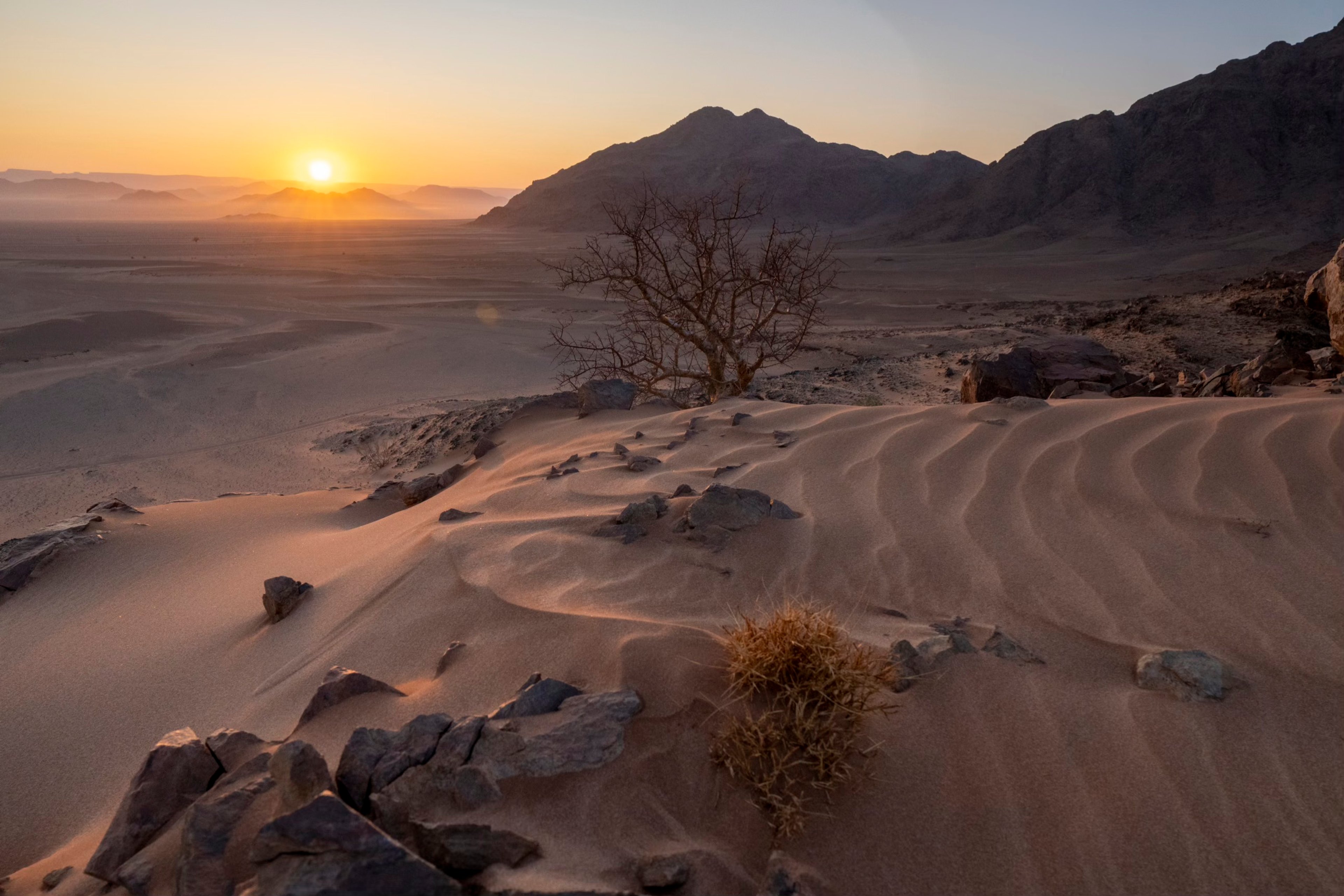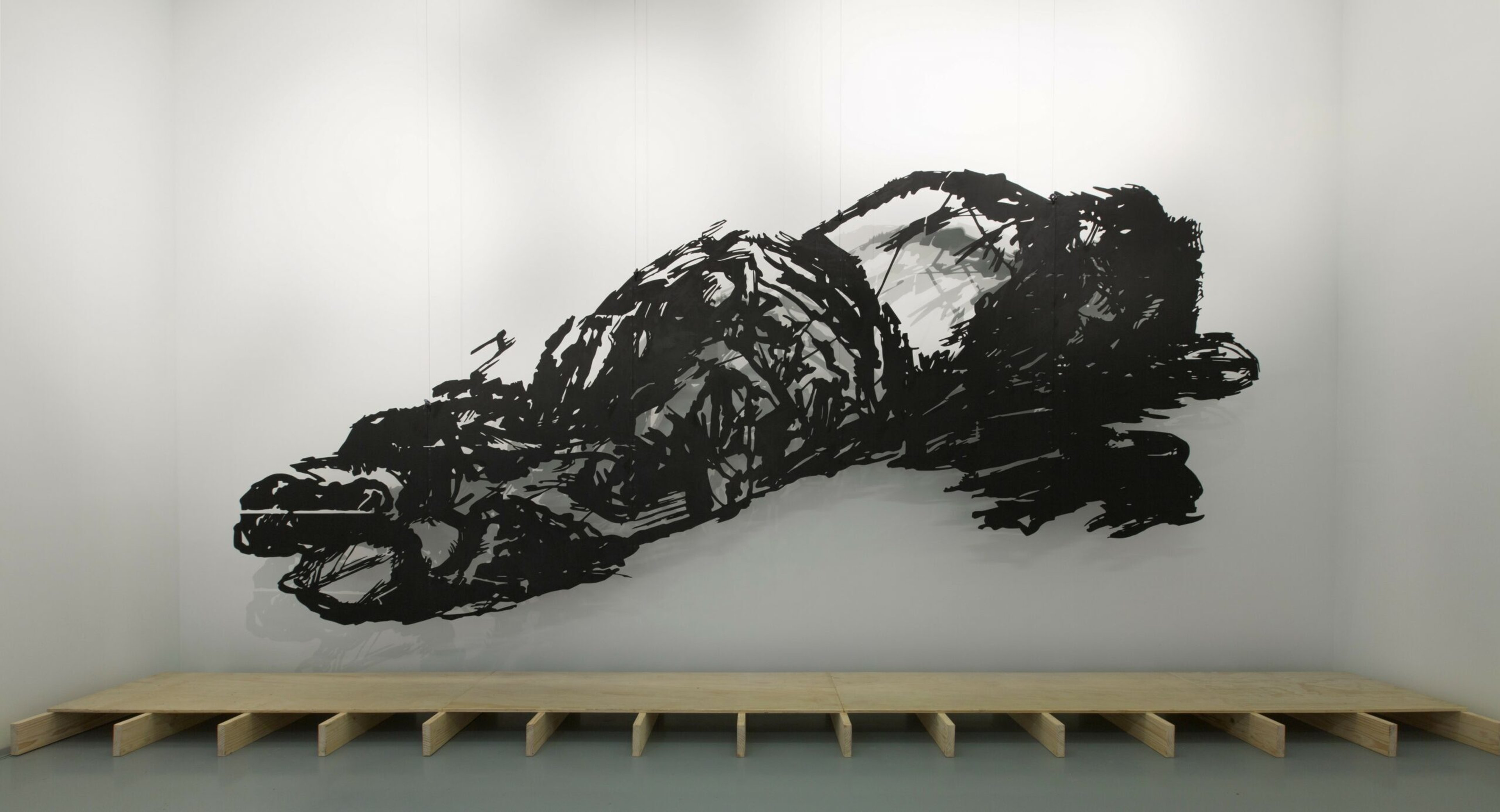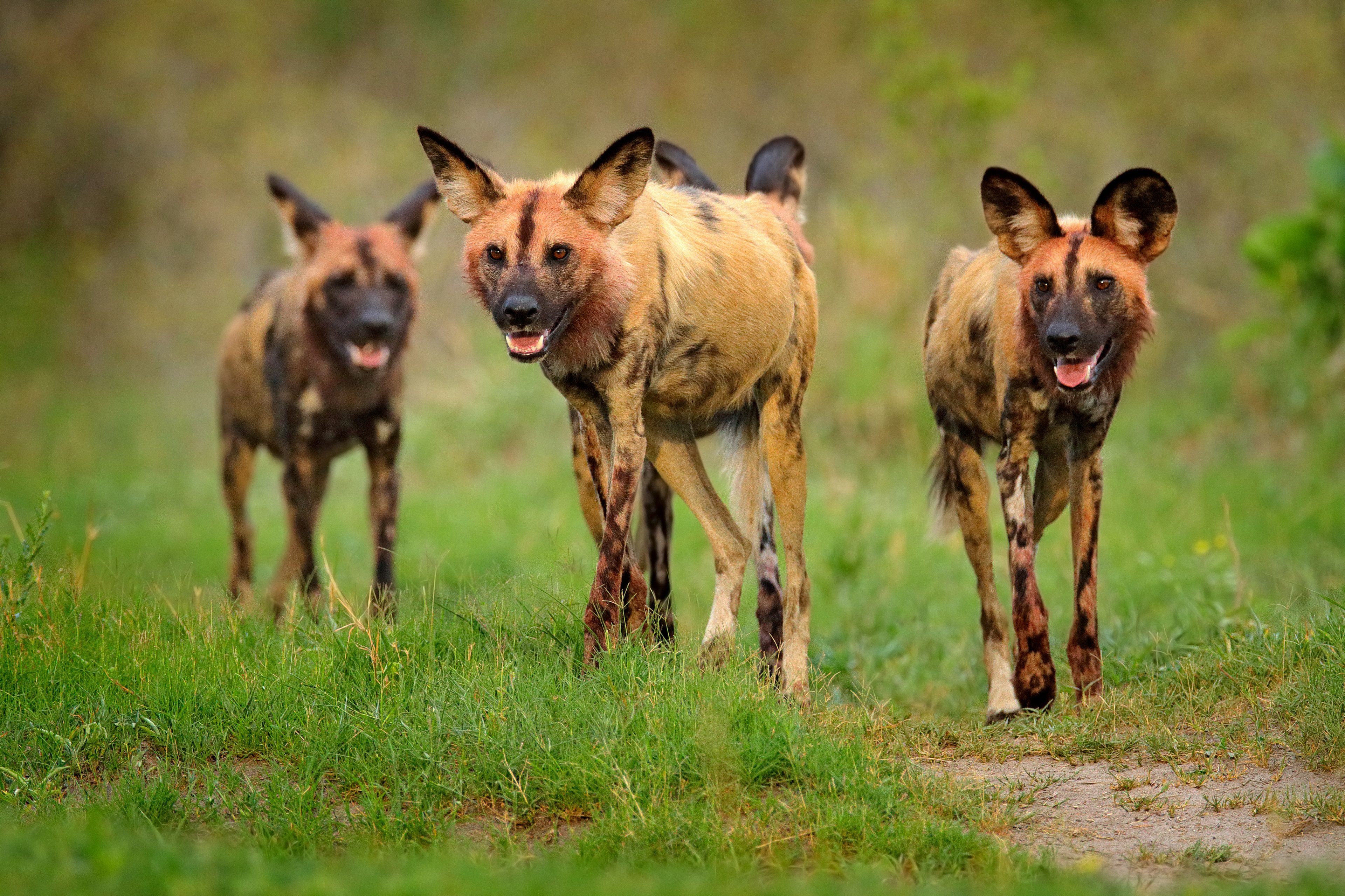A return to the source
“I am the descendant of French Huguenots who came to the southern tip of Africa in 1688. By the time I was born in Zimbabwe three centuries in the southern cradle had done much to flush the memory of Europe from my veins. This country, Zimbabwe, meaning houses of stone, was the motherland to me. My parents – my father an animal scientist; my mother a pilot for fun – were distracted enough to outsource much of my literal mothering to the place. And what a place it was; a farm on the edge of the bush. Rural and wild tangling together; my early life was a mix of colonial mores, indigenous culture, the outdoors wandering indoors.
From the ground up, I learned my earliest lessons sandwiched between oxide-red soil and blue sky, a cacophony of life buzzing and hissing and singing all around. I learned, for example, to observe everything carefully – things could sting and bite – but to mind my own business just the way everything else was. The grass minding its own business. The sky minding its own business. Even a snake’s belly dragging along in the dust, rasp-rasp, barely a whisper among all the other noises; it wasn’t coming for me, I learned. It was simply coming. In this I found my earliest refuges of sanity and goodness lay in the land itself.
When I was 12 my father brought home a rescued lion cub, Carmel; she was ours to care for and to raise. Above all, we were not to ruin the wild that was innate to her. It was instilled in me; the greatest crime is to lose the unconditioned nature deep within yourself, or to take it from another creature. Other than that, or because of that, such freedom, pure freedom: No one was ever calling my name. Wherever I was, there was no other place to be, no idea of time, or calendars; only the rainy season, the cold season, the dry season, dawn and dusk, night and day.
As a child, I pitied kids who’d been born in other, lesser countries; everyone not Zimbabwean, in other words. Then I became an adult and I did what one must when there’s more love than a person knows what to do with: I shared Zimbabwe with everyone who’d let me. Then I founded a business that allowed me to take people to the parts of Africa that have most resonated with my early sense of home. But when asked by people where the one place is that they should go, it’s always bothered me that I’ve had to choose between one incredible experience, and another, there are so many…..
And so it was that while the world shut down, and flying as once we knew it ceased, and a global pandemic was shifting forever the way we’d view the world, I dreamt into being the Greatest Safari on Earth, the first of its kind, an Olympic torch for African tourism and conservation at a time when all attention must be on the preservation of, and respect for, our reserves of wild.
After agonizing thought, and much deliberation, I chose four iconic destinations that have in common the ability to evoke what I call “the Africa Effect” or the sense that we have been returned to source, the source of our wild and natural intelligence, the source of our unbidden peace and nourishment, the source of ourselves. Zimbabwe, Botswana, Kenya and Rwanda.
The journey begins where I began, Zimbabwe, at Victoria Falls; here the mile-wild Zambezi River plunges 354 feet into the cleft of the Batoka Gorge. Then to Botswana’s Okavango Delta – a short flight from Victoria Falls, but a world away, its lush and fertile floodplains and freshwater lagoons surrounded by semi-arid Kalahari Desert. Then north to Kenya’s Maasai Mara; famous for its great migration of thousands of wildebeest and zebra, its abundance of wildlife. Our last stop is Rwanda. Here, amid the cloud-ringed mountain slopes of Volcanoes National Park, is where the world’s last mountain gorillas live. But here too is a country of remarkable people who have overcome inconceivable atrocities and found peace, pride and protection for one another. An example the world over should note.
We buy carbon credits to offset all our emissions. We put the hard science behind it, measuring all of the carbon emission and ensuring we cover not just the long-haul flights but the game drives, small flights and human waste too. All of the offset goes back into places on the ground in Africa, providing clean water, planting thousands of trees, protecting wildlife, building bridges, installing solar panels and clean cook stoves.
I leave these descriptions spare, hoping that you will allow yourself to be transported by Aline’s incredible images of the people, places and experience that, for me, exemplify the very best of the safari experience. I hope too that the voices, stories, triumphs, challenges chronicled in this incredible book will inspire a new generation of Afrophiles – to love, cherish and protect the continent’s unique cultures, landscapes, wildlife and artistic heritage and to know better the people of Africa whose graciousness, knowledge and wisdom are my perpetual inspiration. –
By Deborah Calmeyer, excerpted from African Adventures: The Greatest Safari on Earth
A new dawn approaches
As the dawn of 2024 approaches, I hope you find as much comfort, joy and awe in the extraordinary people and places of Africa as I do. I want to extend a heartfelt thank you to all of you for your support. Together, through responsible travel and thoughtful, life-changing experiences, we are leaving a lasting, positive impact on the land we all love.
I wish you a happy and healthy New Year.










